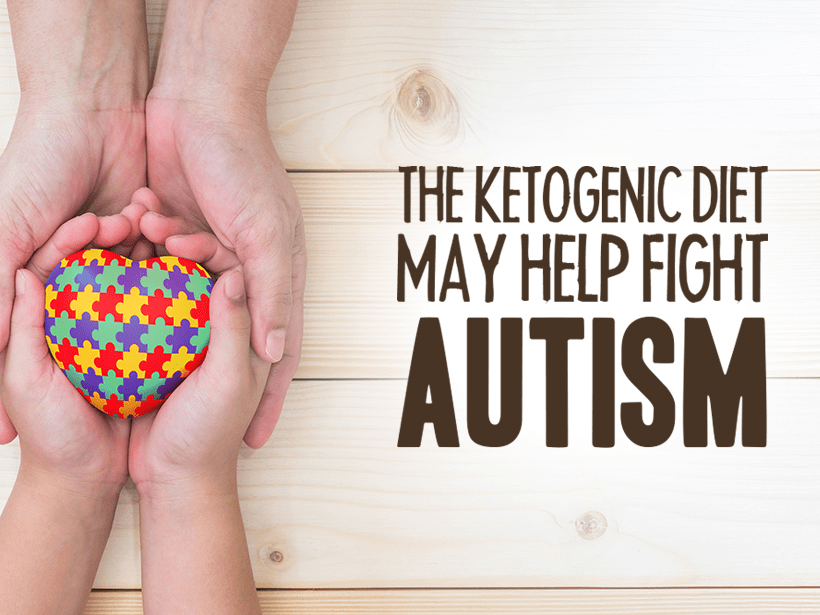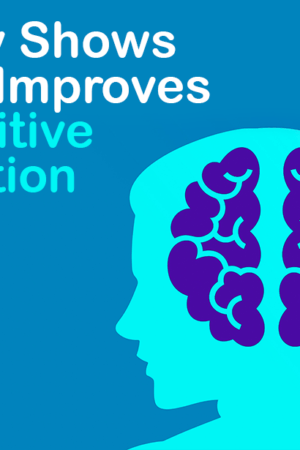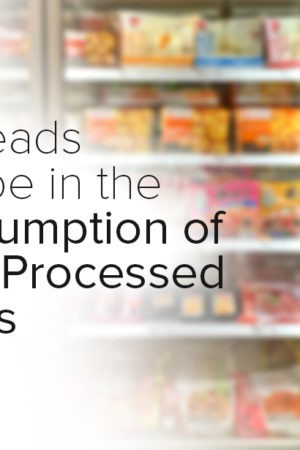According to statistics published by The Autism Society, approximately 1 percent of the world’s population has Autism Spectrum Disorder, often referred to as ASD or Autism.1 More concerning than the prevalence of Autism is the growth rate for diagnosis – climbing 119.4 percent from the year 2000 to 2010.
While behavioral therapies and medication have often been the standard protocol for improving the quality of life for those affected by Autism, there may be evidence that a dietary approach could work far more effectively in managing symptoms of ASD.
Autism Study Shows Benefit of Keto Diet
Long used to treat seizure disorders that were not responsive to conventional medication treatments, the ketogenic diet is a low-carbohydrate, high-fat diet that forces the body to switch metabolic processes and burn fats instead of sugars. In the absence of sugar, the body instead opts to burn fat and, subsequently, produces ketone bodies – and studies have suggested that ketones are great for brain function.2
In a pilot study, 30 children with Autism Spectrum Disorder were administered a ketogenic diet for 4 weeks straight and then given a 2-week diet-free break over the course of 6 months. The children, whose ages ranged from 4 years to 10 years, experienced some rather remarkable improvements during their course of treatment.3
It’s important to note that 7 of the 30 children in the study immediately did not tolerate the ketogenic diet, while 5 more committed to the diet change for the first month or two and then dropped out. The ketogenic diet’s restrictive nature can often be a challenge for anyone, but especially for those with sensory processing concerns. However, of the 18 that remained, all experienced some level of improvement when evaluated using the Childhood Autism Rating Scale. Two children were determined to have made significant improvement, eight were identified as making average improvement, and the remaining eight were classified as having made minor improvement.
Great Strides for Autism Treatment
While the study is still in the preliminary stages, its initial findings are promising and show the potential for a ketogenic diet to become an effective companion treatment to conventional medical interventions. The study of how the keto diet affects autism is one of many recent studies into how ketones can impact brain function – particularly in those with Alzheimer’s Disease, seizure disorders, and mental illness. The mainstream trend toward the acceptance of a ketogenic lifestyle has spurred a lot of interest from the medical community and sparked hope that alternative methods of treating and preventing disease can be identified.
It’s important to note that implementing any dietary changes should first be discussed with and approved by a physician.
NUTRITIONAL DISCLAIMER
The content on this website should not be taken as medical advice and you should ALWAYS consult with your doctor before starting any diet or exercise program. We provide nutritional data for our recipes as a courtesy to our readers. We use Total Keto Diet app software to calculate the nutrition and we remove fiber and sugar alcohols, like erythritol, from the total carbohydrate count to get to the net carb count, as they do not affect your blood glucose levels. You should independently calculate nutritional information on your own and not rely on our data. The website or content herein is not intended to cure, prevent, diagnose or treat any disease. This website shall not be liable for adverse reactions or any other outcome resulting from the use of recipes or recommendations on the Website or actions you take as a result. Any action you take is strictly at your own risk.
- Scottish Government: ‘Obesity Will Be One Of The Great Public Health Challenges Of Our Time’ - September 5, 2018
- Virta Health’s Use of Telemedicine to Treat Diabetics with Keto - September 3, 2018
- New MyProtein Nutrition Bar Disrupts Nutrition Standards - May 24, 2018




